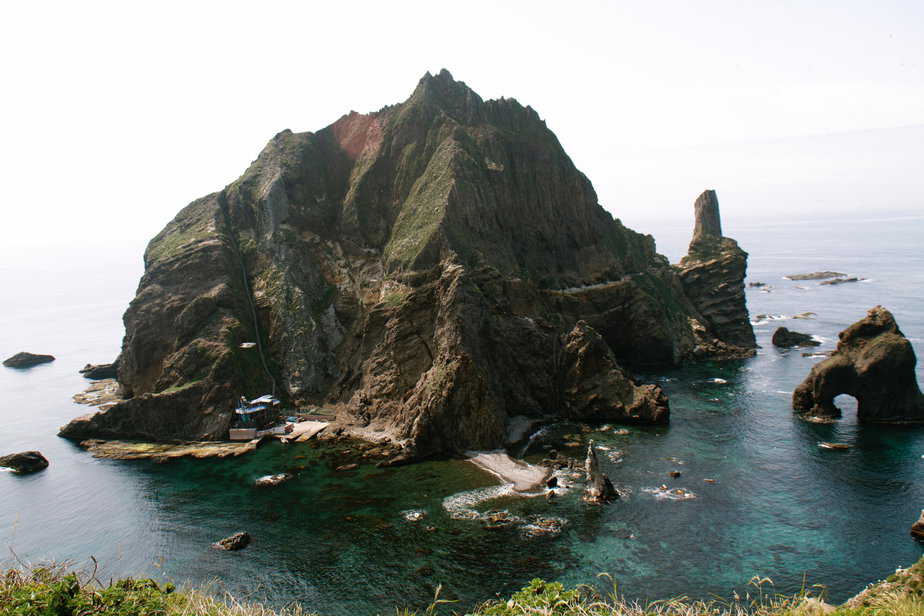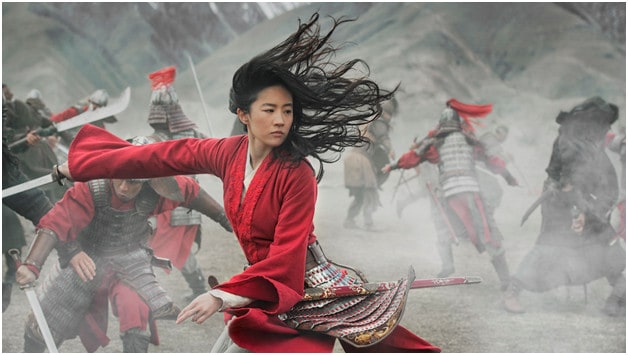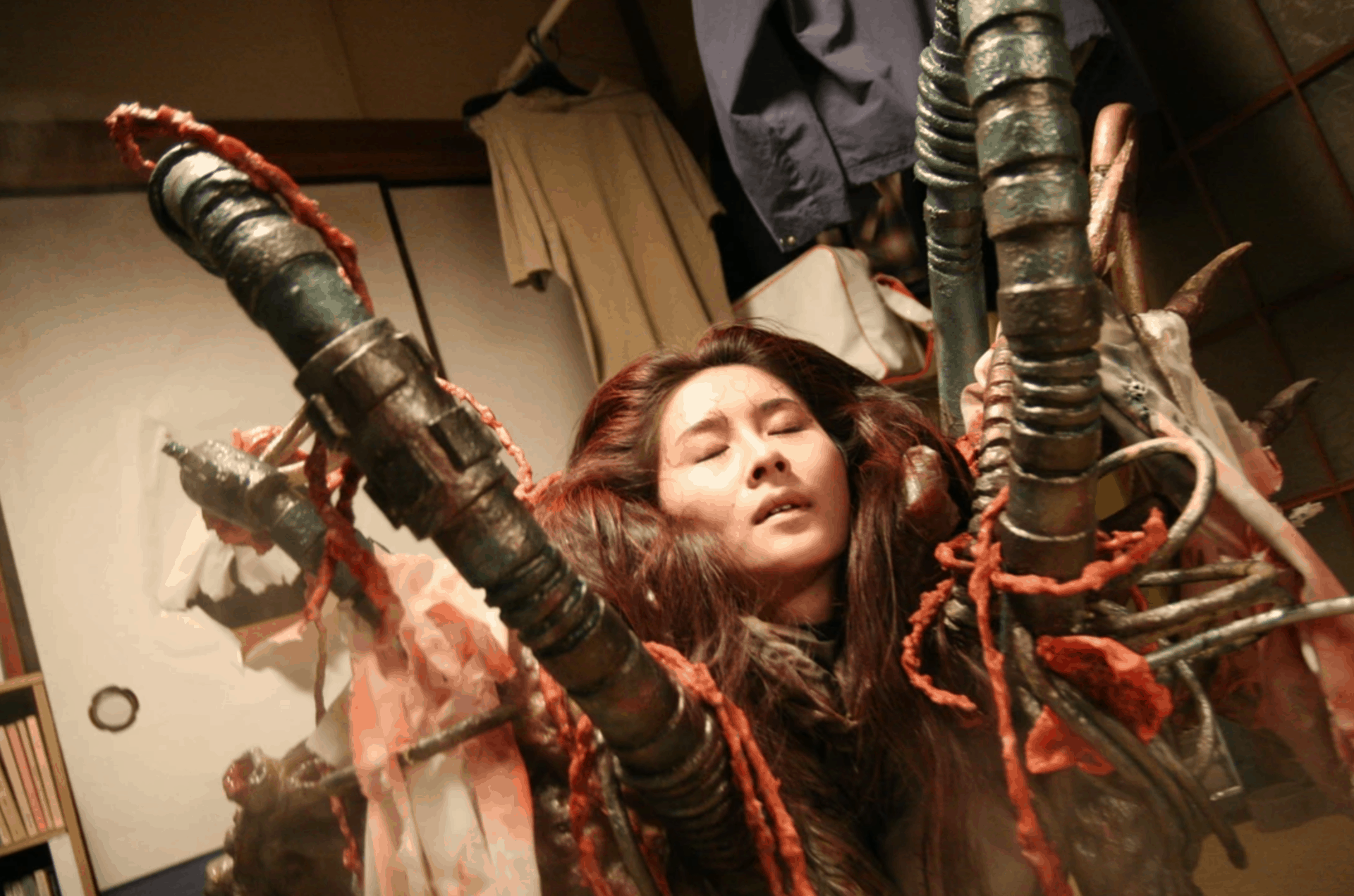Matthew Koshmrl's “Land Of My Father” follows two post-war generation Korean individuals intertwined by the remote, disputed island of Dokdo and their shared need to seek justice for their fathers. Together they reveal a unique picture of their society, still impacted by the unresolved trauma of the Japanese occupation that ended 75 years ago.
The film had its World Premiere at Minneapolis St. Paul International Film Festival 2020 and the Asian Premiere at Jeonju International Film Festival 2020
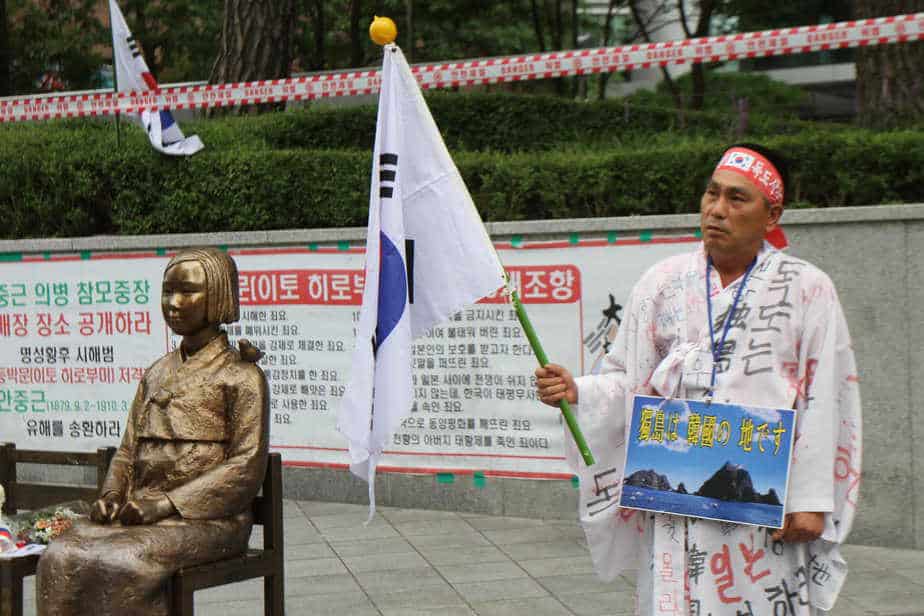
SYNOPSIS
“Land Of My Father” is a feature-length documentary about the roots of generational trauma, legacy, and national sentiment, told through the journey of two individuals connected by one small island: Dokdo. “Dokdo” in Korean, and “Takeshima” in Japanese, is a small island that sits in the middle of the sea between South Korea and Japan. This island has been the source of a fervent territorial and political dispute between the two nations since the end of the Japanese occupation of Korea in 1945, following WWII. For Korean people the Japanese occupation from 1910-1945 was a dark period in their history, including forced labor, sexual slavery, and the systematic destruction of Korean culture. Today both countries claim its sovereignty, and both can legally prove ownership. More than anything else the significance of Dokdo is purely symbolic, a vestige of the dark period in Japanese/Korean history.
“Land Of My Father” takes no side on the issue of territory dispute. Instead, the narrative of the film is a meditation on the complex personal motivations of two individuals who fight for ownership of the island and preservation/acknowledgement of family legacy. Choi Kyeong Sook is the daughter of the first resident of Dokdo. She grew up and lived on the island for about 17 years, and her status allows her special access to the island today. She now balances raising a family, providing tours of Dokdo, and promoting her family's erased legacy as early residents. She strives to pass down this family business to her children who, much to her dismay, are resistant. They do not share her passion and are frustrated when they witness their mother's struggles to promote public acknowledgment of her father's contributions to the Korean claim over the island. Noh Byeong Man is a humble farmer and family man at home, but he spends his entire small income on frequent trips to Tokyo to protest against the Japanese government. He wants the Japanese to apologize and end all claims to the island, and is dumbfounded at how the Japanese government makes this claim after the atrocities committed during the occupation.
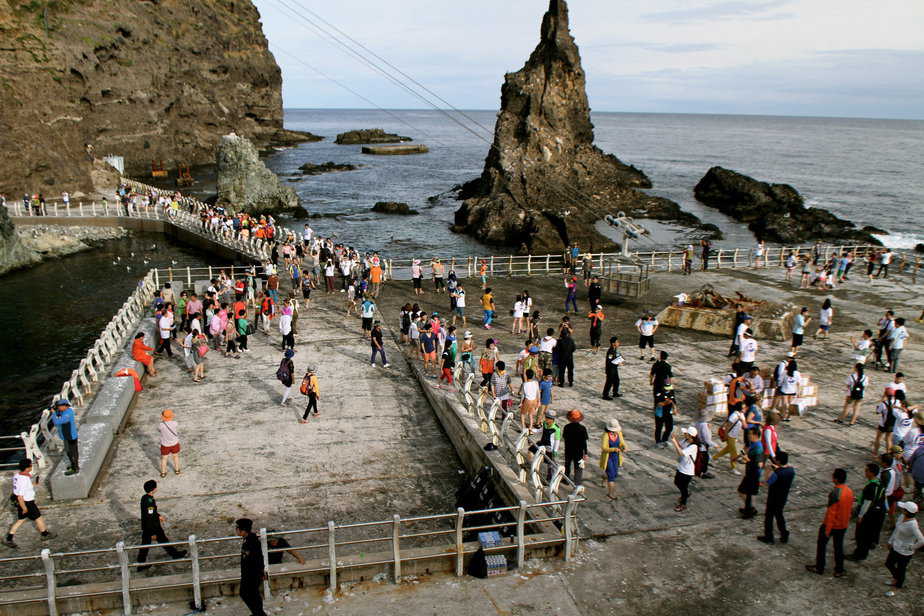
The dispute of Dokdo is ongoing and still very present in modern Korean popular culture. Every year thousands of Koreans make the eight-hour journey by boat for a mere 15 minute visit to the symbolic island, before getting back on the ferry to the mainland. It represents the frontline of the Korean people's unfinished fight to challenge and reexamine Japan's narrative of the occupation and colonization.
Director Matthew Koshmrl: “When I first started developing the idea for the film, I wanted to explore the relationships different generations of people in South Korea had with the island. After filming subjects from multiple generations, I became most interested in the people who were children of those who lived during the occupation. The trauma caused by the occupation was directly in their lives as they grew up with parents who experienced it, and it was their responsibility to teach the next generation about this time as the horrors of the occupation became more abstract.”
CREDITS
Directed & Produced by Matthew Koshmrl
Edited & Produced by Christina Sun Kim
Produced by Lee Ga Young
Director of Photography Juan Pablo González
Composer Jina Hyojin An
Featuring Noh Byeong-Man, Choi Gyeong- Suk


